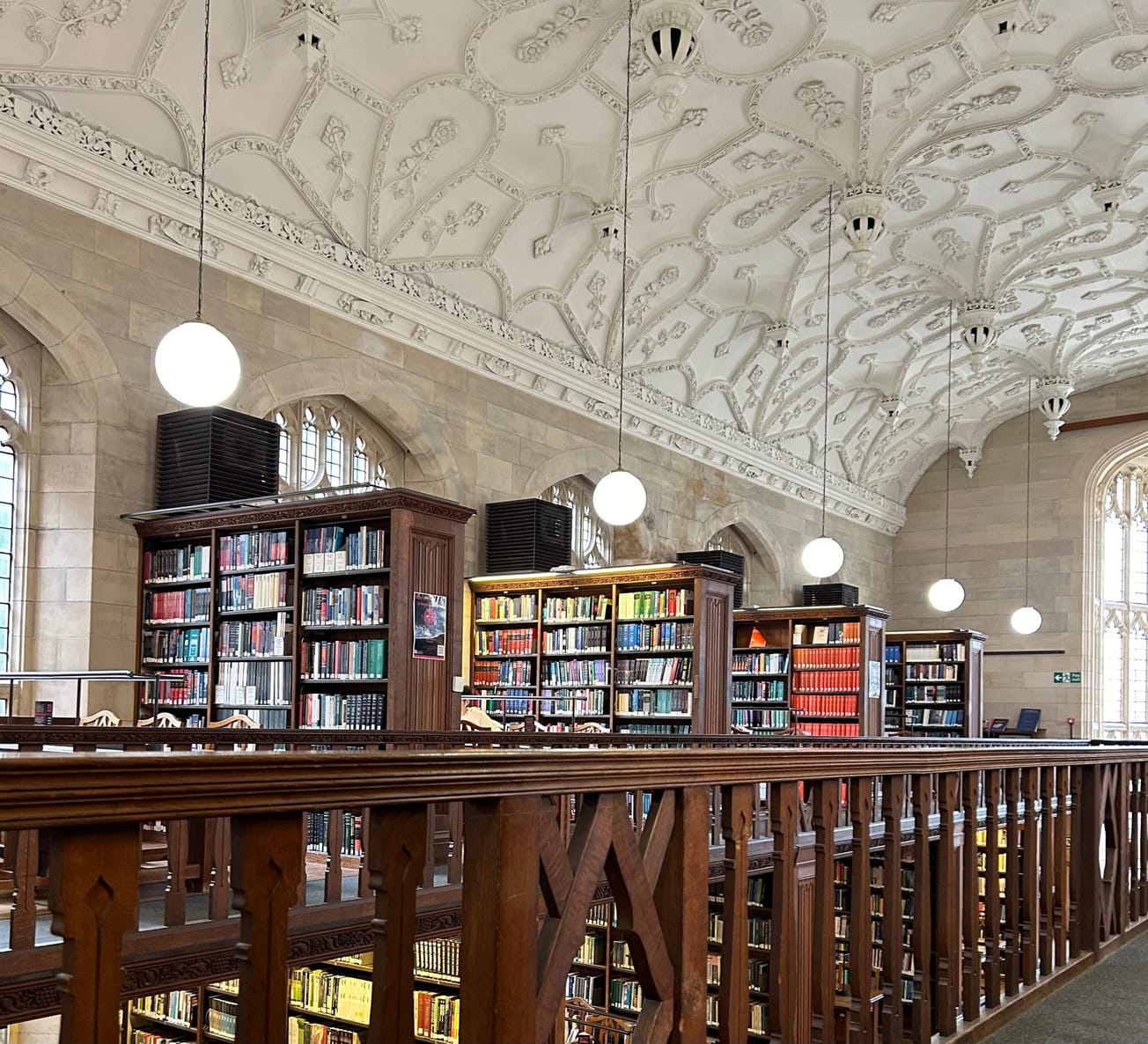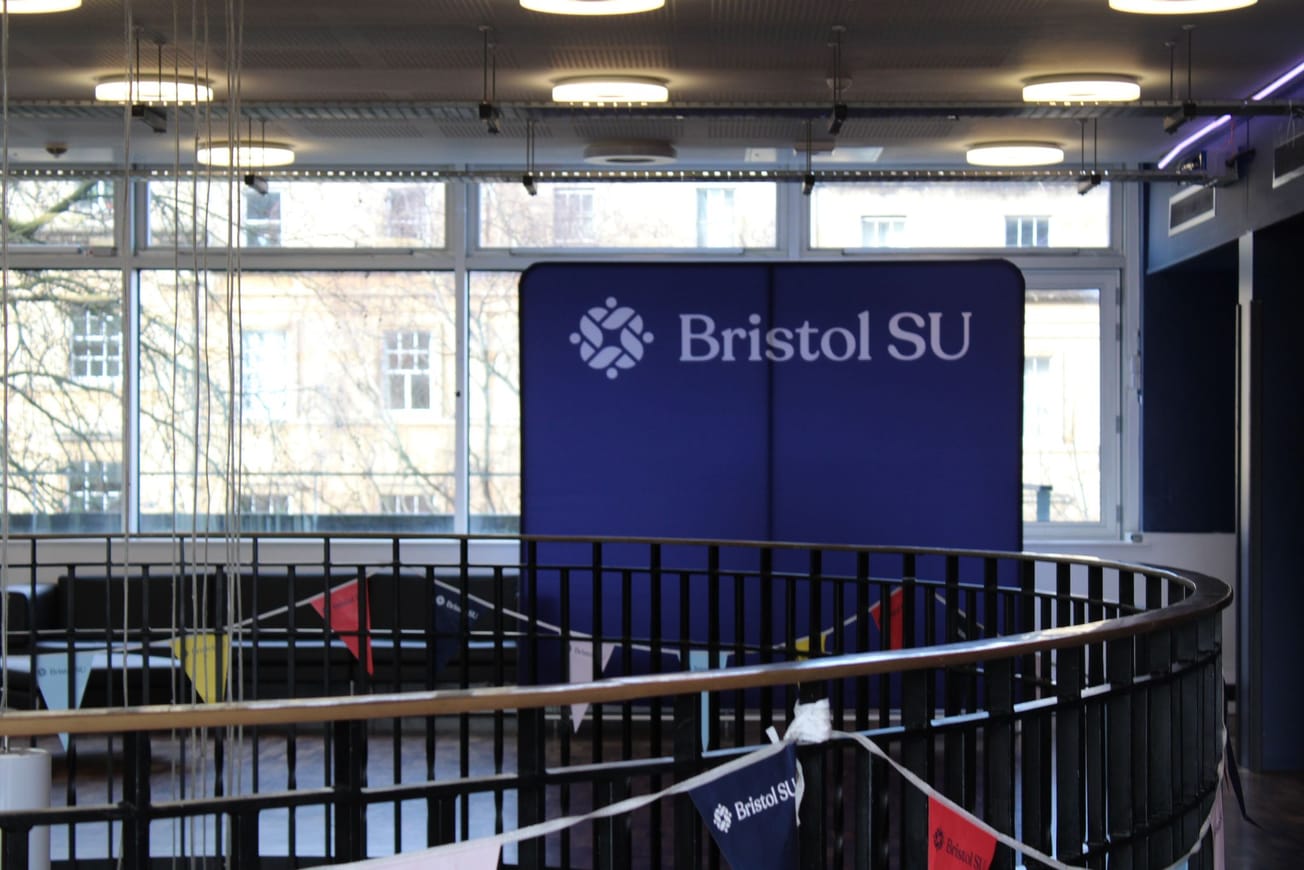Jasper assesses the University’s track record of allowing freedom of expression, while seeking to protect its community from harmful rhetoric.
The University of Bristol has long sought to act as a centre for freedom of expression and discussion, while simultaneously balancing a need to protect students from harmful and offensive speech. But in recent years, criticism surrounding censorship in the University—particularly the Student Union’s decision to ban some speakers, due to concerns that their rhetoric may be harmful. For example, guest speaker, Angelos Sofocleous, was banned from making a talk at the Bristol Free Speech Society. Situations like this have raised the question: do we need to talk about freedom of speech at Bristol?
The University’s policy on freedom of speech—in line with the European Convention on Human Rights—states that ‘restrictions…may be permitted’ where they are ‘necessary to protect the reputation or rights of others, or in the interests of national security of public safety’. The Student Union’s blocking of certain controversial speakers has prompted Spiked, a libertarian magazine which previously ranked universities according to the censorship on their campus, to grade Bristol as ‘red’ in the past, accusing it of banning and actively censoring ideas on campus (though it’s important to note here that Student Unions are membership organisations, and have no legal responsibility to promote freedom of speech’).
On the other hand, the National Union of Students (NUS) claims that such policies surrounding free speech are far from restrictive, but rather promote accessibility by helping marginalised groups at the university have their voices heard, where otherwise they might not. Academic freedom only works if it operates within the law—the far-right anti- immigration protests which have gripped the UK in recent weeks demonstrate how harmful rhetoric, under the guise of freedom of speech, has the capability to incite violence.
Yet there certainly has been a culture of censorship in universities across the UK. A primary concern of student on campus is the left-right political split, with many right-leaning students identifying a political bias towards the left. This has led to a degree of self-censorship on campus which is apparent in my Politics seminars, where it’s rare to hear right-wing views expressed: it’s vital that new students are able to use their voices to uphold the University’s culture of debate and discussion, without which the University fails in a key function.
Conservative-leaning broadsheet The Telegraph claimed in 2022 that ‘Conservative students [are] ‘unable to openly talk about their views’ on campus’, while in the same year, The Guardian reported that ‘Most students think UK universities protect free speech.’ In fact, according to data collected by universities across the country, both are true; universities possess a huge responsibility in navigating such a complex issue, especially in the increasingly polarised world in which they operate.
As to whether there’s been a noticeable change on campus surrounding an atmosphere of freedom of expression, it’s my view that now, more than any of my time at university so far, students appear to feel empowered to speak freely, as expressed by recent protests in support of Palestine on and off campus, taken part in by students and staff alike.
It’s impossible to satisfy everyone when it comes to such a contentious topic, but it’s my view that the dissatisfaction and protest of students against particular speakers at the University is, in itself, a form of free speech, and therefore evidence that the University plays host to a healthy democratic environment, in which freedom of speech remains protected.









